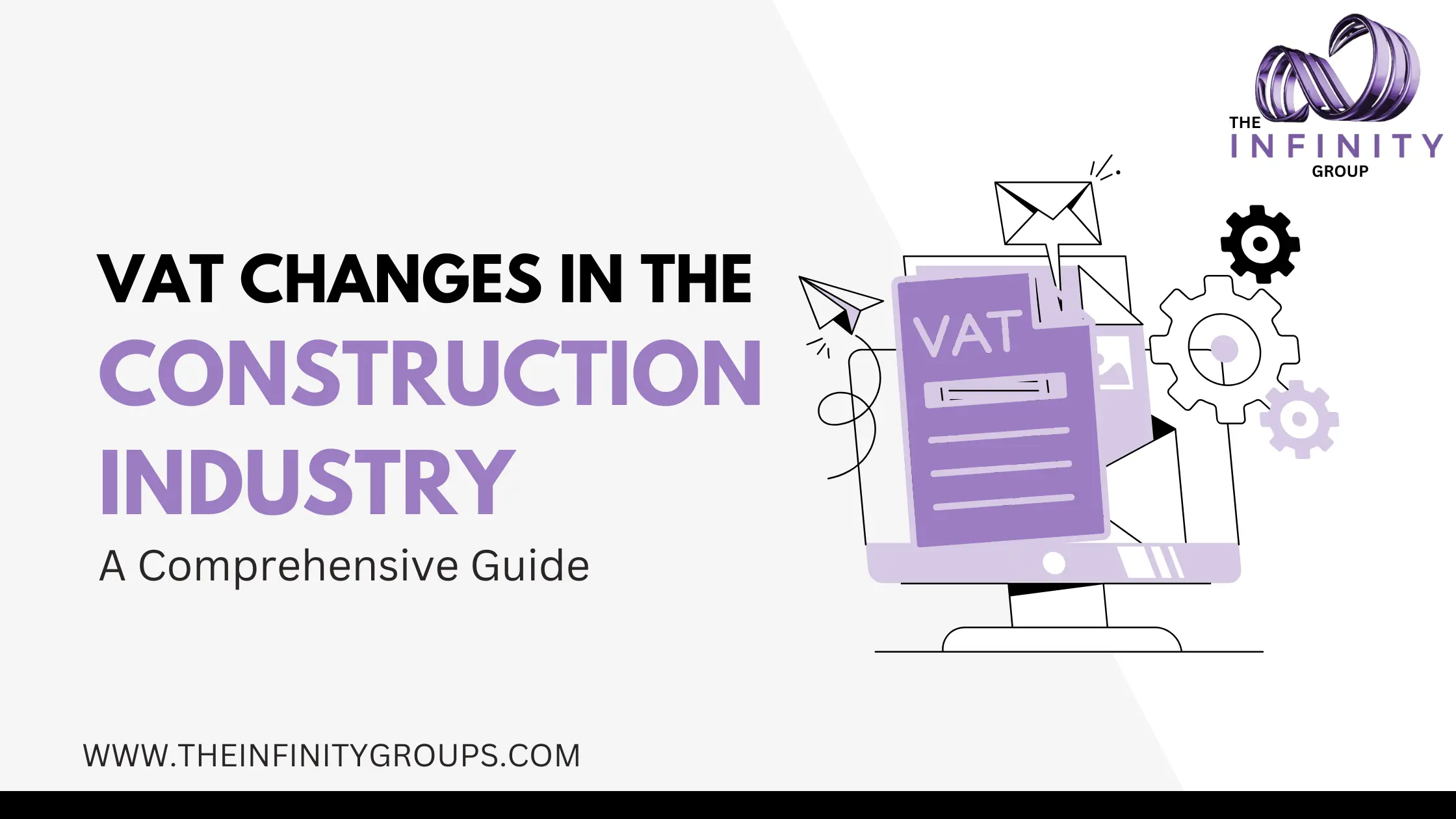In the construction industry, staying abreast of regulatory changes is crucial. One such significant transformation is the introduction of the domestic reverse charge mechanism for VAT. Implemented on March 1, 2021, this alteration has far-reaching implications for both suppliers and customers within the Construction Industry Scheme (CIS) who are VAT registered.
What is the Reverse Charge?
The reverse charge, a pivotal shift in VAT collection within the construction sector, mandates that the buyer, not the seller, pays VAT to the government. This applies specifically to specified supplies of building and construction services subject to standard or reduced rates of VAT and reportable under CIS.
Services Affected by the Changes
The reverse charge applies to a spectrum of services integral to construction activities. These include, but are not limited to:
- Constructing, altering, repairing, extending, demolishing buildings or structures.
- Installing systems such as heating, lighting, air-conditioning, and ventilation.
- Internal cleaning of buildings in the course of construction, alteration, or repair.
- Painting or decorating the inside or external surfaces of structures.
- Services forming an integral part of construction activities, such as site clearance and landscaping.
It’s important to note that the reverse charge does not apply to zero-rated services or when the customer is not registered for VAT in the UK.
End Users and Intermediaries
The reverse charge does not affect end users or intermediaries. End users, defined as those not making onward supplies of construction services, are exempt. Intermediary suppliers connected to end users may also be treated as end users in specific situations, determined by shared interests in the same land or corporate group affiliations.
Compliance Issues
Completing Your VAT Return
For suppliers, VAT on reverse charge supplies should not be entered in box 1 but included in box 6 (net sales). Customers, when purchasing reverse charge services, enter VAT in box 1, and if eligible, reclaim it in box 4.
VAT Invoices
To identify reverse charge transactions, suppliers should clearly state on invoices that the reverse charge applies, specify the VAT amount, and include necessary details. Self-billing invoices should follow similar guidelines.
Tax Point Spanning March 1, 2021
For invoices spanning the implementation date, the reverse charge applies if the tax point is on or after March 1, 2021.
Both the Cash Accounting Scheme and Flat Rate Scheme are affected. Suppliers can use the Cash Accounting Scheme for non-reverse charge supplies, but customers may reconsider its impact on cash flow. The Flat Rate Scheme cannot be used for reverse charge supplies.
Conclusion
As the construction industry adapts to the VAT reverse charge mechanism, understanding the intricacies is paramount. Navigating compliance, invoice regulations, and the impact on VAT schemes ensures a seamless transition in this new era of VAT regulations in the construction sector.
At The Infinity Group, we understand the intricacies of the construction sector, and as a testament to our commitment to providing comprehensive services, we want to highlight a significant advantage for our valued contractors. In line with the unique needs of the construction industry, we do not charge VAT on our payroll services.

